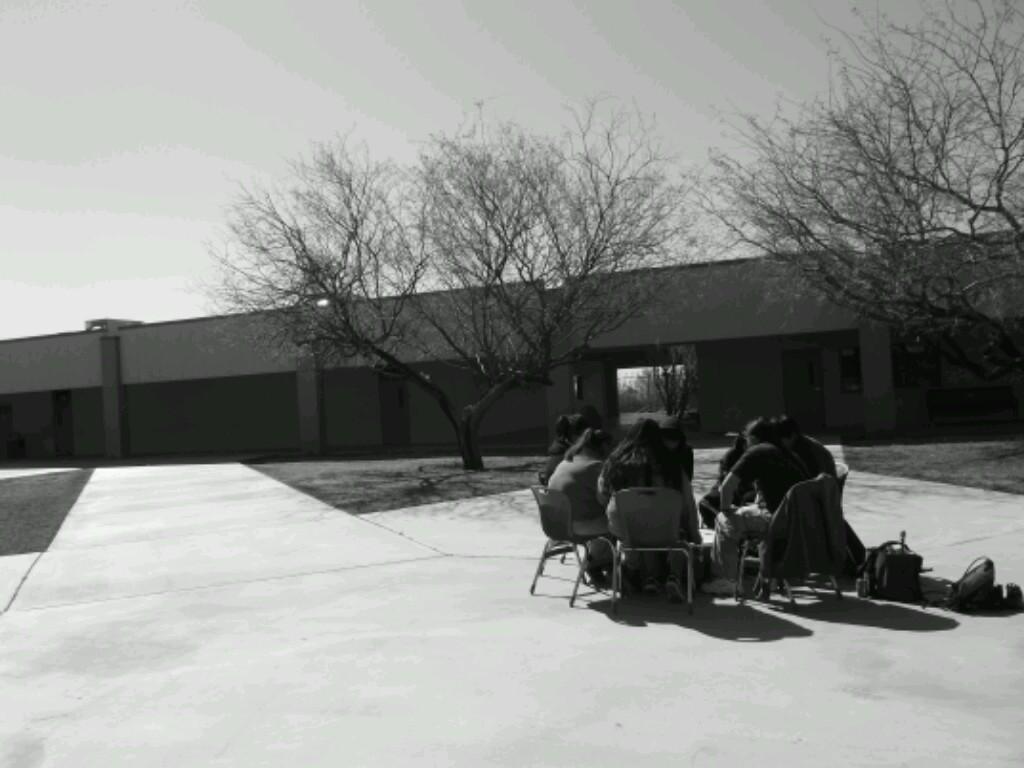Making decisions after someone has died. Making these decisions can be stressful, and you may be tempted to make a decision quickly without thinking about all the consequences. If possible, delay any major decisions, and speak to someone who is farther removed from the situation
Final medical decisions. After your loved one dies, a medical professional like a doctor or nurse will need to “pronounce” the death by certifying the time, date, place, and cause of death. This is necessary because you’ll need a death certificate to proceed through legal matters. You may be asked if your loved one wanted to donate his or her organs after death. There is a spot on your drivers’ license that indicates whether someone wants to be an organ donor.
Funeral arrangements. When you and others close to the person who’s died are ready, your loved one’s body will need to be moved from the place where he or she died to a funeral home. Funerals are unique to a person’s life and culture and can take on many forms.
Belongings. These belongings can be comforting later, and it may be wise to keep some of the things that are special to you or were important to the person who died. Giving away belongings, at an appropriate time, such as a giveaway or memorial service is also a healthy part of grieving.
Wills. Many people write wills—which are legal documents outlining how their belongings should be divided after they die.
Acknowledgement: This fact sheet was originally developed by youth and staff at ReachOut.com, a website that helps teens get through tough times.


